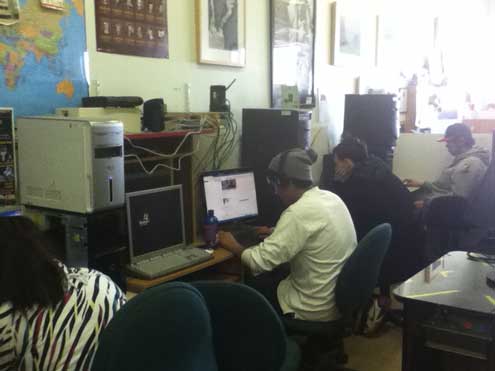
Often the young people, through their use of new media seem to out-pace their teachers in their acceptance and understanding of new media. Young people where ever they can are early adopters of new technology. The number of young people who tune in to their Ipods, Itouch, and Ipad, along with their laptops, are in some ways ahead of many of their teachers.
The issue of how teachers and students engage each other online is an issue that is set to be addressed. The regulatory body for the teaching profession is issuing a professional advisory on the use of social media to its 230,000 members.
This advisory offers advice to teachers on how best to use electronic communication and social media with students.
“In the current education milieu, e-communication and social media do and will continue to offer engaging and exciting teaching and learning experiences for students and teachers. Their use should be encouraged,” says College Registrar Michael Salvatori, OCT. “We want to alert members to its potential risks and provide guidance for its responsible, professional use.”
“The simpler message for Ontario certified teachers is this: Represent yourself in social media the same way you would in person.”
The teaching profession’s ethical standards and standards of practice provide the foundation for the College’s advice.
“Our advice to teachers is to keep ethical standards – care, trust, respect and integrity – in line of sight,” says College Chair Liz Papadopoulos, OCT. “As teachers and educators, we model professionalism and responsibility for our students in both the real world and the virtual world. It’s the College’s role as a professional regulator to provide advice to its members from time to time on emerging issues or in response to member questions on aspects of teaching that will continue to advance the profession and the public’s confidence in it”.

